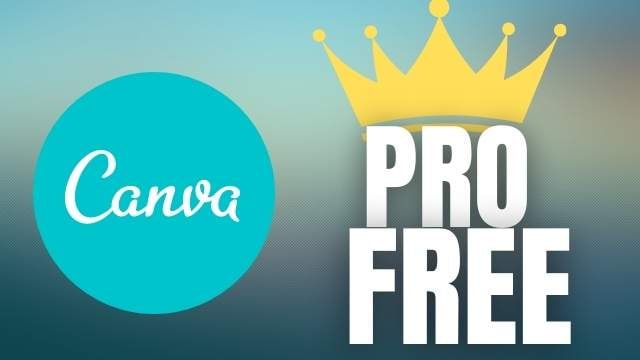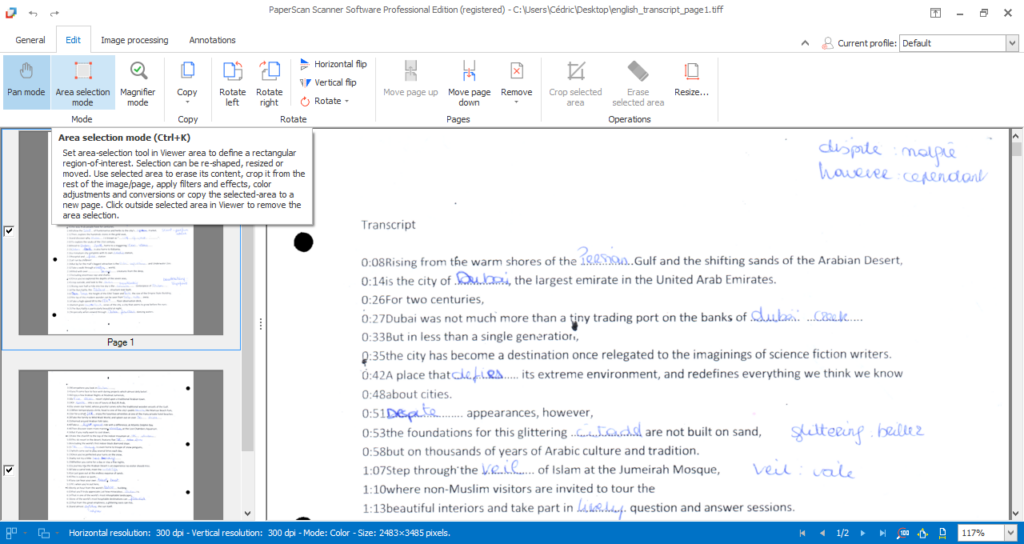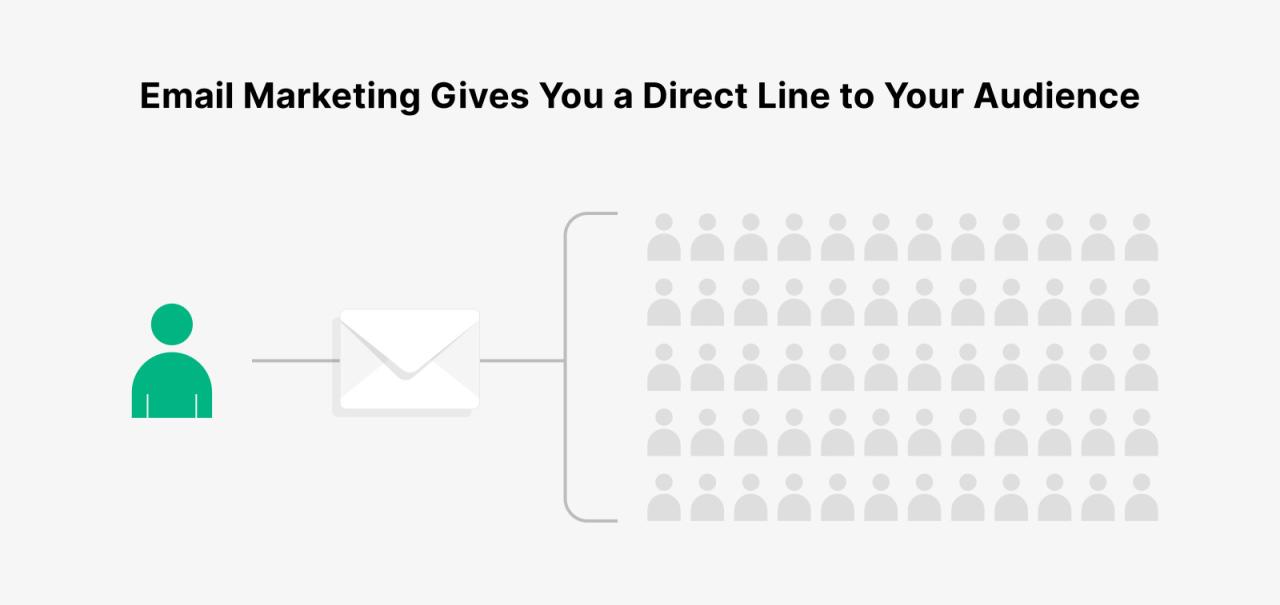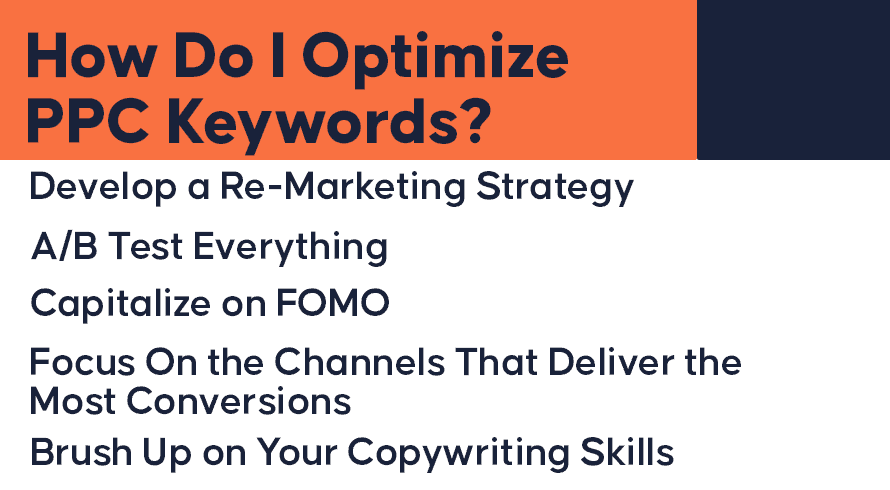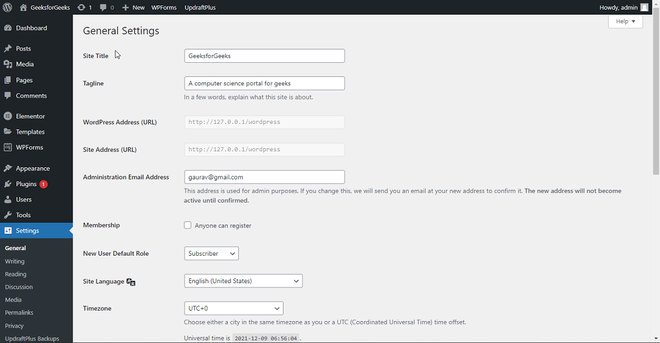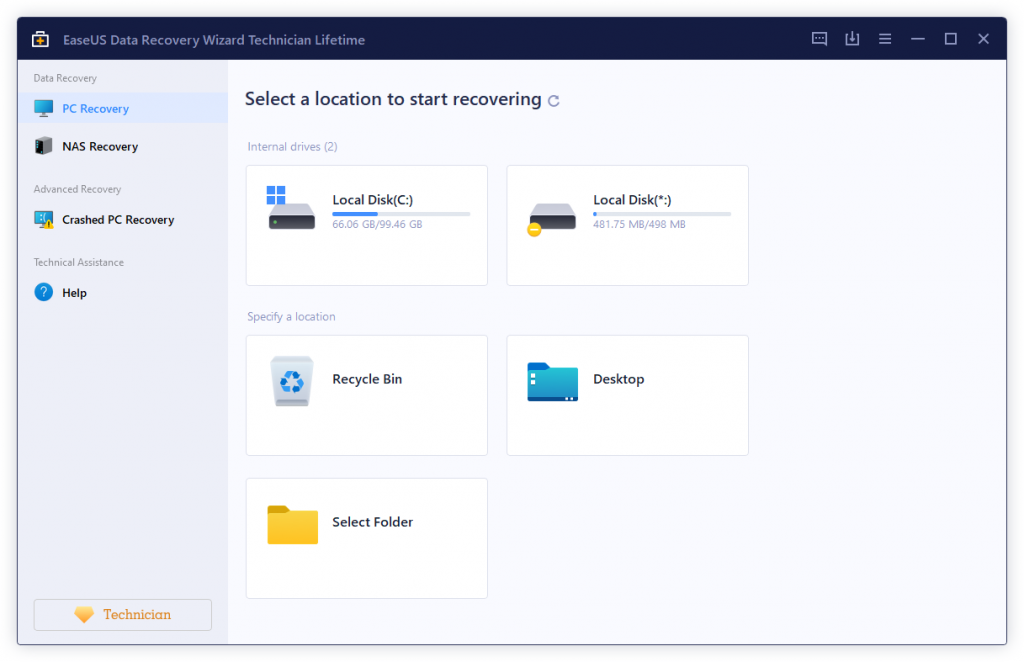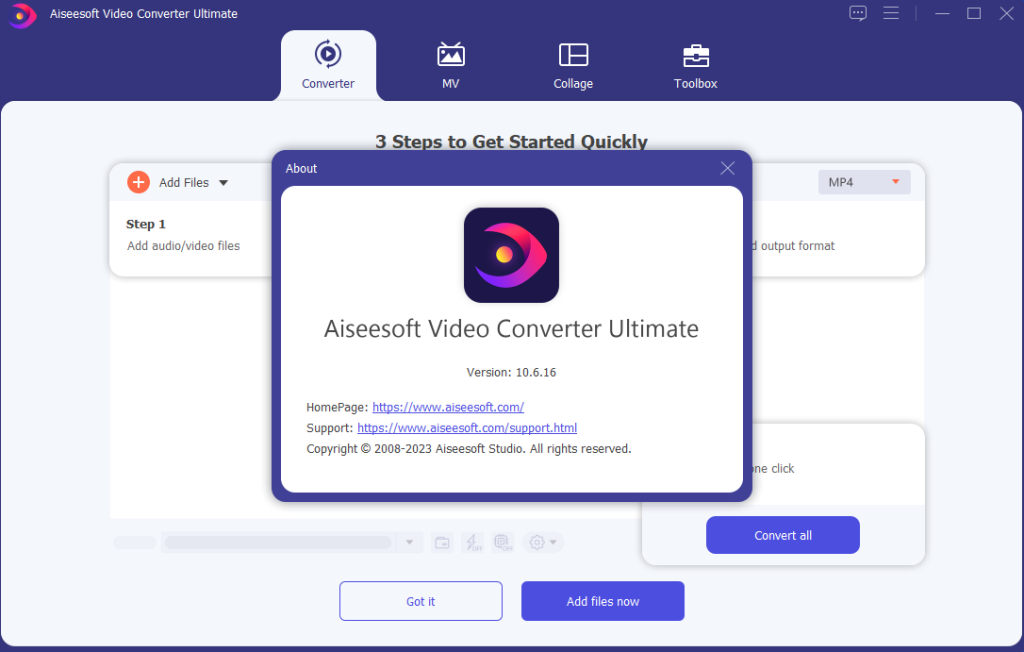Achieving organic SEO can take time, but it also takes targeting the right elements of your web site. You can spend a lot of time tweaking aspects of your site, only to find that it still ranks below the third page of search results. If your attention is focused on the right elements, however, you’ll find that organic SEO can be a fairly effective method of achieving a higher search engine ranking.
Make no mistake, however; organic SEO alone is not as effective as organic SEO combined with some form of pay-per-click or keyword advertising program. Though organic SEO is good, adding the extra, more costly programs can be what you need to push your site right to the top of the SERPs.
A good first step in search engine optimization is to ensure that the organic elements of your site are as optimized as possible. Although these elements are covered in detail in future chapters, here is a look at some of the basics.
Web-site content
Web-site content is one of the most highly debated elements in search engine optimization, mostly because many rather unethical SEO users have turned to black-hat SEO techniques, such as keyword stuffing to try to artificially improve search engine ranking. Despite these less-than-honest approaches to search engine optimization, however, web-site content is still an important part of any web-site optimization strategy.
The content on your site is the main draw for visitors. Whether your site sells products or simply pro- vides information about services, what brings visitors to your site is the words on the page. Product descriptions, articles, blog entries, and even advertisements are all scanned by spiders and crawlers as they work to index the Web.
One strategy of these crawlers and spiders is to examine just how the content of your page works with all of the other elements (like links and meta tags) that are examined. To rank high in a selec- tion of search results, your content must be relevant to those other elements.
Some search engines will de-list your page or lower your page rank if the content of your site is not unique. Especially since the advent of blogs, search engines now are examining how frequently the content on pages is updated and looking for content that appears only on your web site. This doesn’t mean you can’t have static content on your page. For e-commerce sites, the product descriptions may rarely change.
But including other elements on the page, like reviews or product updates, will satisfy a crawler’s requirement that content change regularly. Content is an important part of your site and the rank- ing of your site in search engine results. To achieve organic SEO, take the time to develop a content plan that not only outlines what should be included on each page of your site, but also how often that content will be updated, and who will do the updates.
One other element you might want to consider when looking at your page content as part of SEO is the keywords that you plan to use. Ideally, your chosen words should appear on the page several times. But again, this is a balancing act that might take some time to accomplish.
Keywords are part of your site content, and as such require special attention. In fact, the selection of the right keywords is a bit of an art form that takes some time to master. For example, if your web site is dedicated to selling products for show dogs, you might assume that “show dogs” would be a perfect keyword. You might be wrong. Selecting the right keywords requires a good under- standing of your audience and what they might be looking for when they want to find your web site. People looking for products for show dogs could search for “grooming products,” “pedigree training,” or just “dog supplies.” It could even be something entirely different, like the name of a product that was featured at the most recent dog show.
Learning which keyword will be most effective for your site will require that you study your audi- ence, but it also requires some trial and error. Try using different keywords each quarter to learn which ones work the best.
It’s also advised that you use a tracking program such as Google Analytics to monitor your web site traffic and to track the keywords that most often lead users to your site.


